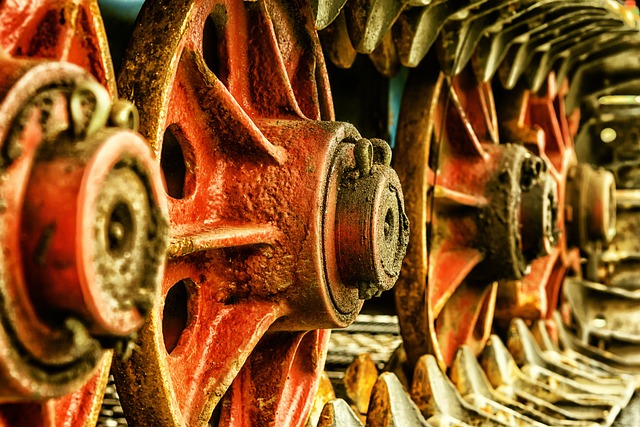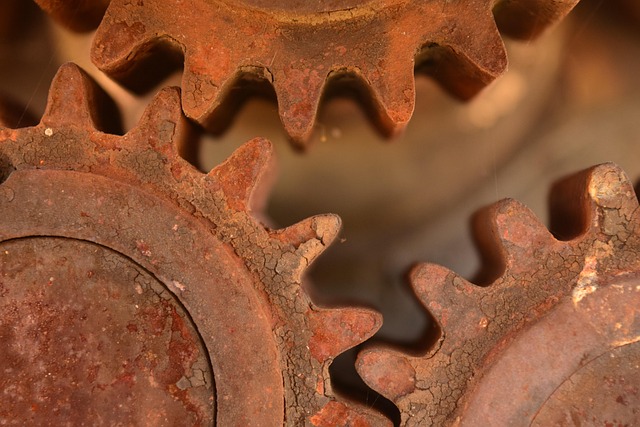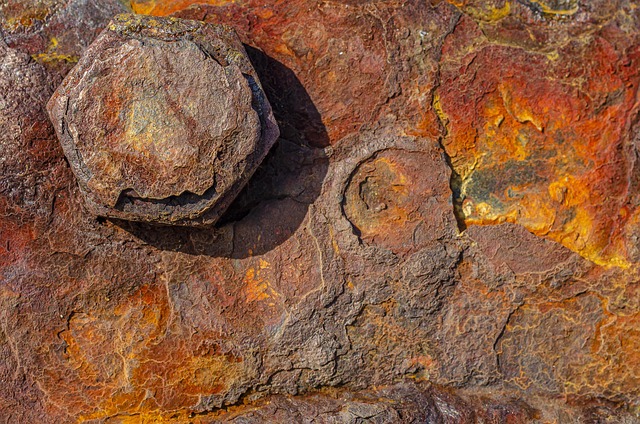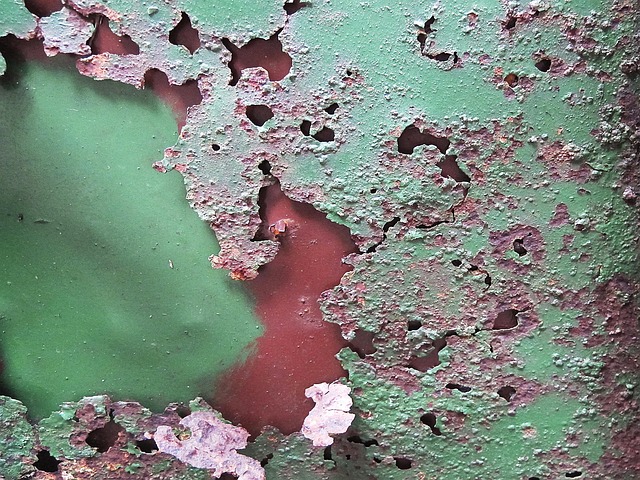Pipe corrosion, driven by moisture exposure (especially humid environments with salt/minerals), selection of pipe materials (like iron susceptible to rust), and environmental factors (moisture, humidity, extreme weather), significantly impacts pipeline integrity. Common causes include flooding areas, water pressure/flow rates, lack of maintenance, sediment buildup, and soil/industrial substances in water. Regular inspection, maintenance, and prompt repairs are vital to prevent major issues, with understanding local environmental challenges crucial for selecting effective pipe protection methods.
Extending the life of your pipes is crucial to avoid costly replacements and minimize environmental impact. This article explores the common causes of pipe corrosion, including environmental factors and various types of corrosion and its effects. We provide effective preventative measures such as protective coatings, insulation, and regular maintenance schedules.
Additionally, we delve into best practices for long-lasting pipes, focusing on cleaning, water quality monitoring, emergency response planning, and professional inspections to address the common causes of pipe corrosion.
- Understanding Common Causes of Pipe Corrosion
- – Identify factors that contribute to pipe corrosion
- – Discuss environmental impact on pipes
Understanding Common Causes of Pipe Corrosion

Corrosion is a natural process that occurs when pipes are exposed to certain elements, leading to deterioration over time. Understanding the common causes of pipe corrosion is the first step in preventing damage. One of the primary factors is moisture; pipelines that come into contact with water or humid environments are more prone to corrosion, especially if the water contains impurities like salt or minerals. This is particularly relevant for coastal areas where pipes may be exposed to salty sea air.
Another significant cause is the type of material used in pipe construction. Metals like iron, steel, and copper are commonly used but can react differently to their surroundings. For instance, iron pipelines are susceptible to rusting when exposed to oxygen and moisture, accelerating corrosion. Regular inspection and maintenance are crucial to identifying these issues early on, allowing for prompt action to extend the lifespan of pipes and prevent major repairs or replacements.
– Identify factors that contribute to pipe corrosion

Pipes are essential components of any plumbing system, but they’re not immune to damage, especially corrosion. Understanding the common causes of pipe corrosion is the first step in extending their lifespan. One of the primary factors is exposure to moisture and water, which can vary based on the environment. For instance, pipes in humid areas or those frequently exposed to flooding are more susceptible. The type of material used in pipes also plays a significant role; certain metals like iron and copper are inherently prone to corrosion when exposed to water and air.
Another factor is water pressure and flow rate—high-pressure systems can accelerate corrosion by increasing the force of water against pipe surfaces, especially at joints and fittings where vulnerabilities often exist. Moreover, lack of regular maintenance, including improper drainage and the buildup of sediment or mineral deposits, can contribute to corrosion by slowing water flow and creating conducive environments for damage.
– Discuss environmental impact on pipes

The environment plays a significant role in the health and longevity of your pipes, often leading to common causes of pipe corrosion. Exposure to moisture, especially acidic or salt-laden water, can accelerate the rusting process. Extreme weather conditions, such as freezing temperatures, cause pipes to expand and contract, putting stress on joints and connections, which over time can result in leaks and corrosion. Additionally, certain environmental factors like soil composition and proximity to industrial areas might introduce harmful substances into the water supply, further damaging pipe infrastructure.
To mitigate these issues, regular maintenance is key. Inspecting pipes for any signs of damage or corrosion and promptly addressing them can prevent small problems from becoming major headaches. Understanding the specific environmental challenges in your area can also help you make informed decisions about pipe protection methods, ensuring a longer lifespan for your plumbing system.
By understanding and addressing the common causes of pipe corrosion, such as exposure to moisture, extreme temperatures, and toxic chemicals, you can significantly extend the lifespan of your pipes. Regular maintenance, including inspection and protective coatings, plays a crucial role in preventing corrosion damage. Investing in these measures not only safeguards your plumbing system but also ensures efficient water flow and reduces the risk of costly repairs. Remember, proactive care is key to keeping your pipes in top condition.
